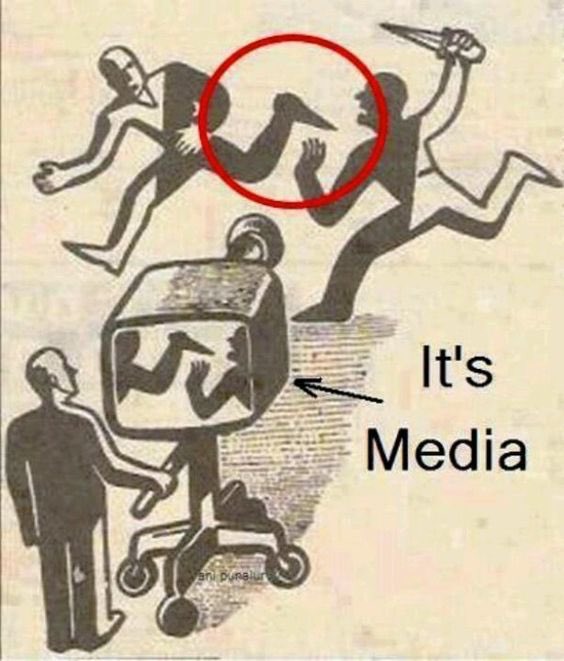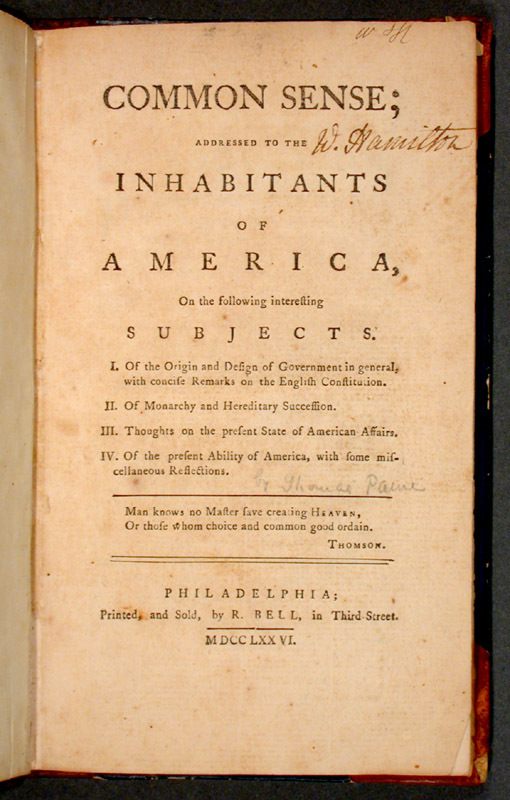The solution to avoiding such hate, is to NOT become a culture (too late, we already are) where everything one doesn't agree with is automatically defined as "hate" and -phobic this and -phobic that. Instead, we should go back to our core western values of free speech and freedom (Magna Carta,
https://chertseymuseum.org/magna_carta )
We need to have a culture where the best idea wins, by free expression of reasoning and evidence -- not by banning everyone whom we disagree with. That freedom-culture was once the bedrock of countries derived from English common law -- but it has been eroded to the point of being only what older people value. The young people are almost fully Leftist.
When was the last time you heard a young person say: "I might disagree with you, but I'll fight for your right to say it". You don't. It's been replaced by a dominant culture where people explain the importance of shutting down misinformation -- except that "misinformation" is defined as anything opposing the prevailing party in power.
p/s possibly a reason why people don't press ideas by using rationale and reasoning, is the culture of Twitter/X where every expression is limited to 120 characters. Thus, it becomes a culture of making short assertions, with no ability to substantiate ideas based on fact, reasoning and evidence.
During the American War of Independence in 1776, a booklet written by Thomas Paine "Common Sense" was credited with persuading the common person of the rightness of the struggle for independence. It's said that the simplicity of that booklet spoke to the common man in 1776. But if you gave that booklet "Common Sense" to average Australians - e.g. on a social media website - young people do not have the ability to comprehend such writing. Our society is
dumbed-down. They can only get their way by insults - throwing the toys out of the pram.
Related Links: Collections: The American Revolution and Constitution Thomas Paine Source: Thomas Paine, The Writings of Thomas Paine, Collected and Edited by Moncure Daniel Conway (New York: G.P. Putnam’s Sons, 1894). Vol. 1.
oll.libertyfund.org

